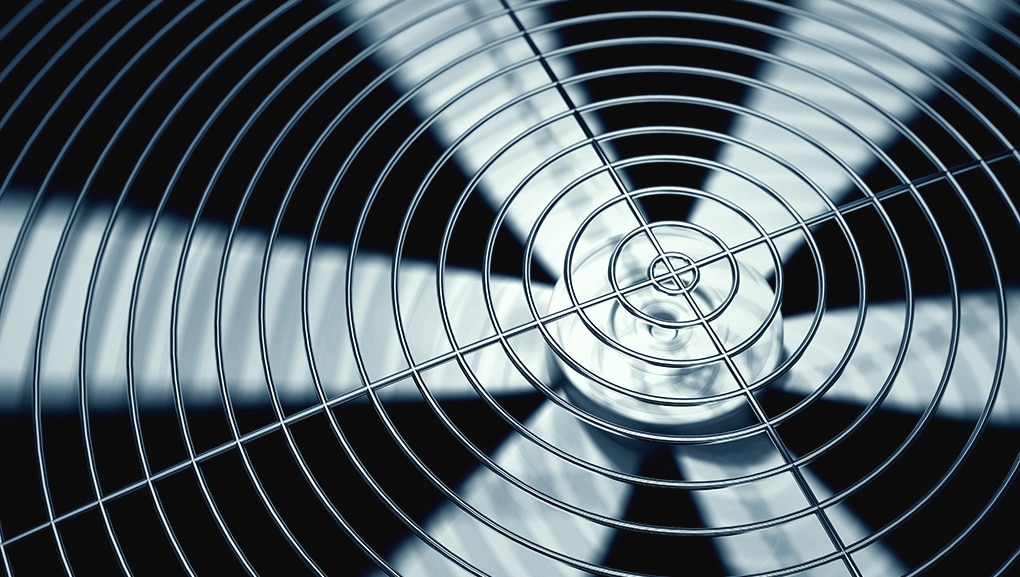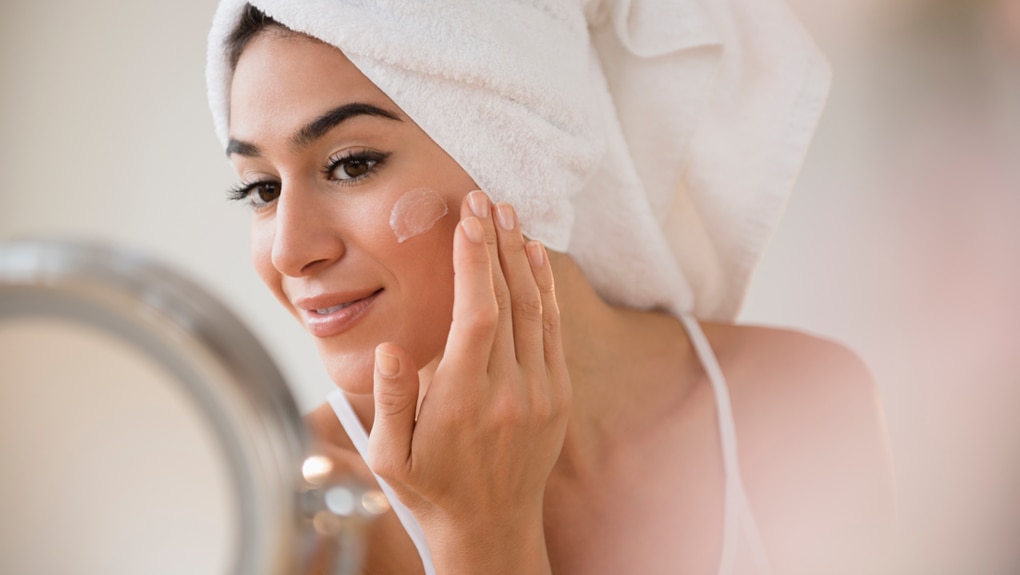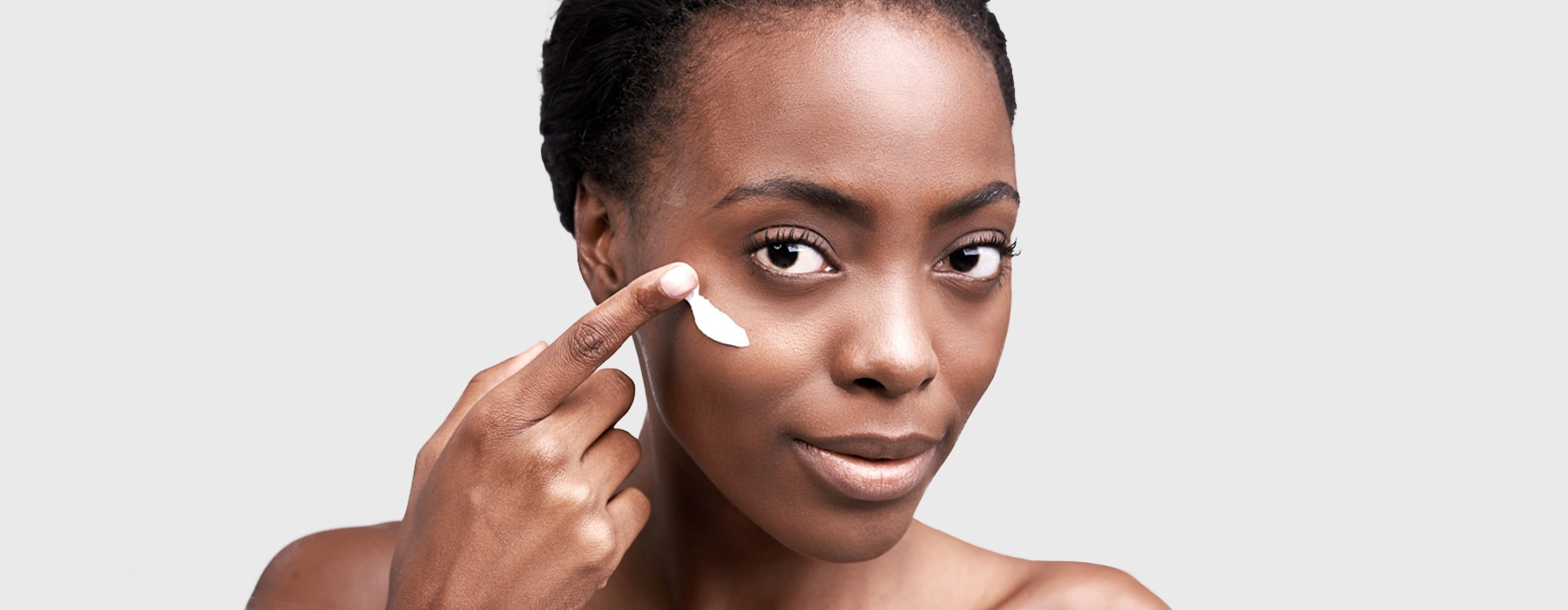We all beat the heat with the A/C, but here’s the deal…
Dermatologist, Dr. Aparna Santhanam, doesn’t want us to dry out.

Mumbai-based dermatologist and cosmetologist, Dr. Aparna Santhanam, has more than 15 years of experience in the beauty and skincare business. The award-winning derm is also a best-selling author, having written books like Skin Deep, Let’s Talk Hair and Jelly Belly.
How is my skin affected by the air conditioner?
Dr. Aparna Santhanam: An air-conditioned environment is cool and dry. Offices are intentionally kept cold, around 18 deg C, as it makes people feel comfortable and they can work for longer hours. There is very little moisture in the atmosphere and humidity levels are really, really low, encouraging moisture loss from the skin.
Doesn’t moisture loss only happen when I sweat?
Dr. Aparna: The skin, or epidermis, is made up of cells bound together by natural fats and water. When the body is well-hydrated, the skin emits a natural glow because of the correct balance of water and oil. The skin is also semi-permeable — it can take moisture from and give moisture back to the atmosphere.
Water moves from a higher concentration to a lower concentration, a process called diffusion. If skin is dehydrated, it can take in water from a moisture-rich, humid atmosphere. But the reverse is also true — ‘transepidermal water loss’ occurs when moisture is released from skin.
Sweating or perspiration occurs in response to a completely different gland called the sweat gland. You don’t need to perspire to lose water to your surroundings, it happens through the skin surface too.
If air-conditioning dries skin, will it help if I have oily skin?
Dr. Aparna: Oil and water are two different things. While water is lost from the top layer of skin, oil comes from the sebaceous gland, attached to hair follicles, which is in the lower part of the skin. In naturally cold climates, like Canada in winter, acne-prone skin does better as oil production generally slows down, and the skin balances itself.
But entering in and out of an air-conditioned environment while in a humid climate doesn’t make the oiliness better. Your skin engages a ‘negative feedback’ mechanism, whereby it tells your skin it is dehydrated and instead your skin produces more oil to compensate. There is confusion in the skin between losing moisture and oil, causing over-production of oil and more acne, while your skin is still showing signs of dryness. The appearance of the face worsens.
So what can I do to reverse the effects?
Dr. Aparna: One is to use a moisturizer. The moisturizer forms a barrier and prevents skin from interacting with the atmosphere, locking moisture in your skin. Humectant ingredients, like glycerin, glycerol or lactic acid, form this barrier to limit movement of water in and out of the epidermis. Humectants also thicken moisturizers, which makes creams feel sticky, so people tend to choose lightweight moisturizers which don’t seal the membrane well enough, and cannot fully defend skin in dry environments. The other thing you can do is drink lots of water to prevent dehydration.





